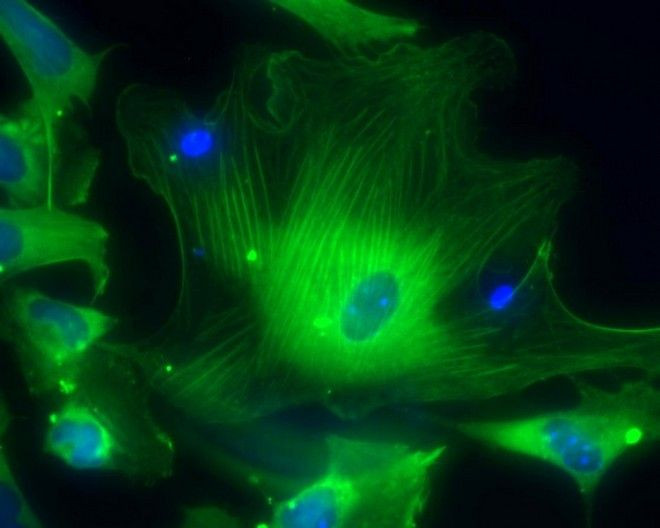UK Grants First Embryonic Stem Cell Research: How Safe is the Treatment?

Drug regulators have granted approval to Advanced Cell Technology to conduct the first trial in Europe of human embryonic stem cells, testing the cells in people with a progressive form of blindness, a U.S. firm said on Thursday.
The disease develops in childhood and affects around one in 10,000 people, which it causes the gradual loss of central vision leaving only peripheral sight, BBC News reports.
The trial will test the safety of using replacement retinal cells, which are the body's master cells, the source of all other cells, known as retinal pigment epithelial cells, derived from human embryonic stem cells.
Proponents of the treatment say they could transform medicine, providing treatments for blindness, juvenile diabetes or severe injuries. Although, opponents dislike the study because to get the cells, someone would have to take apart a human embryo.
Stargardt's Macular Dystrophy, which causes progressive sight loss, affects an estimated 80,000 to 100,000 patients in the United States and Europe aged of 10 to 20.
The stem cell treatment causes eye tissue, called retinal pigment epithelium, to degenerate and eventually leads to blindness, British surgeons said.
Massachusetts-based ACT will start the trial of its treatment, which uses retinal pigment epithelium derived from human embryonic stem cells, on 12 patients in Britain with a disease called Stargardt's macular dystrophy.
This is another important milestone for ACT and for the field of regenerative medicine, Gary Rabin, chairman and chief executive of ACT, said in a statement.
This is the first clinical trial of human embryonic stem cells to be approved anywhere in Europe.
ACT and another U.S. firm Geron Corp won the first licenses last year for similar trials in the United States in people with Stargardt's and people with spinal cord injuries.
© Copyright IBTimes 2024. All rights reserved.





















